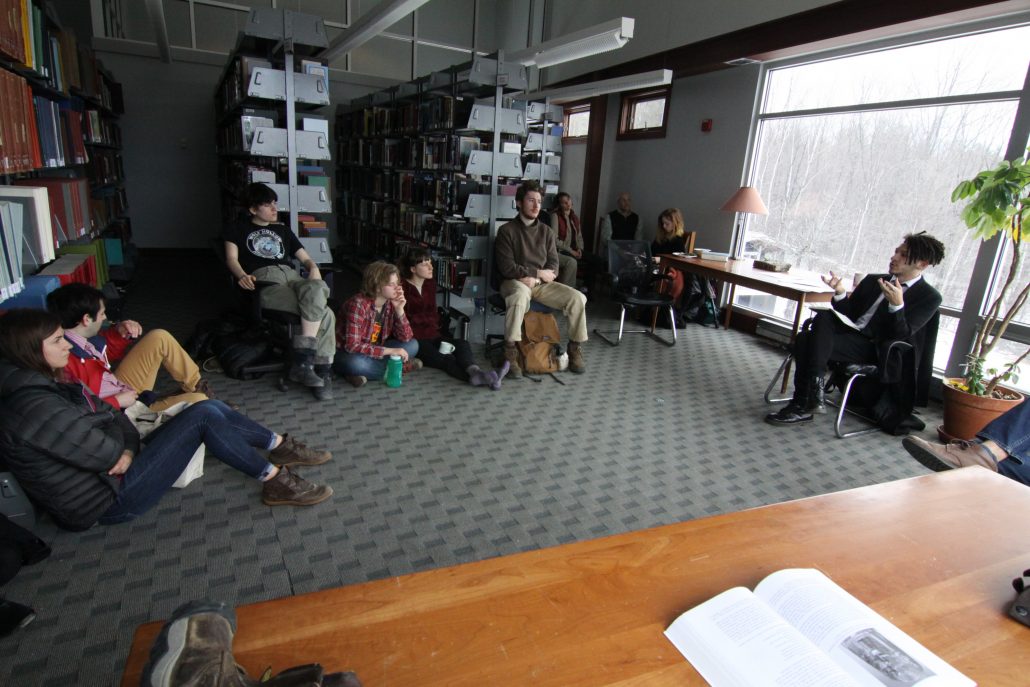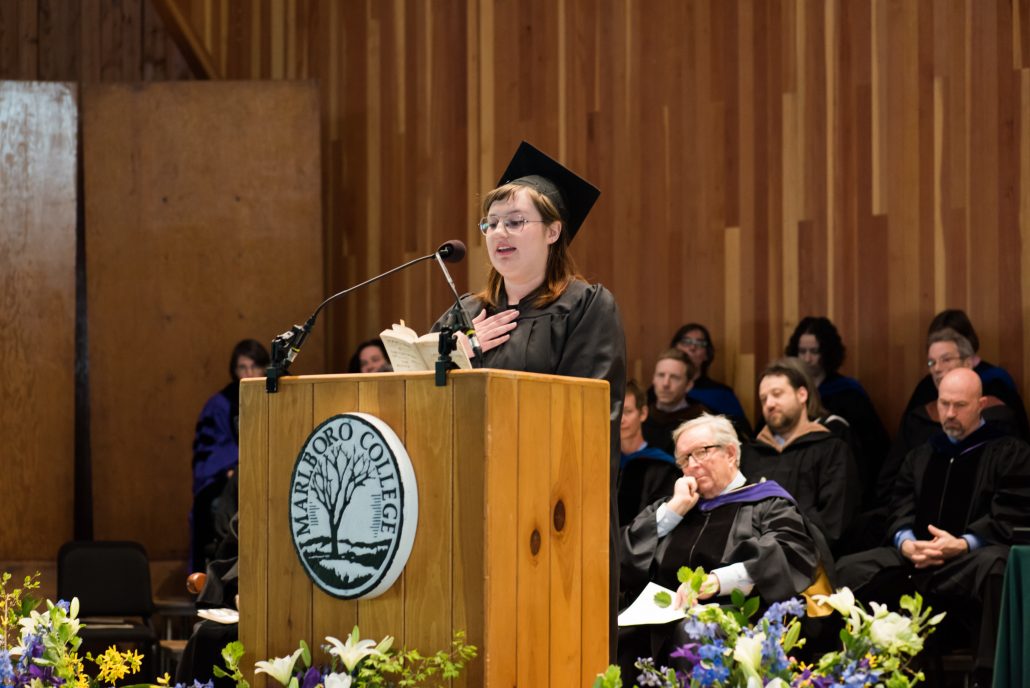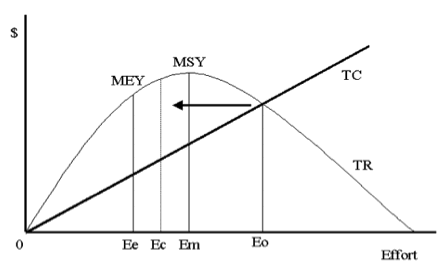Philosophy
Philosophers question the assumptions that guide our thoughts and actions, exploring the nature of reality, how we understand the world, who we are, and how we ought to live.
The study of philosophy enables us to investigate our conceptions of ourselves and our place in the world, cultivating what Socrates called “the examined life.” Philosophy reflects on the subject matter and methods of all the other disciplines and opens spaces of inquiry across the various realms of human experience.
The philosophy program at Marlboro introduced students to the history and diversity of philosophy while providing the necessary background and specialized skills for conducting original research and entering into contemporary philosophical debates. The philosophy curriculum was grounded in the study of texts that provide many of the concepts and strategies that inform the Western cultural heritage. At the same time, philosophy at Marlboro was shaped by an appreciation for the depth, richness, and relevance of non-Western traditions. It also recognized that contemporary thinkers provide important insights for understanding philosophical questions, especially those concerning contemporary problems such as environmental challenges and questions of race, gender, sexuality, disability, modern technology, social structures of oppression, and colonialism.














